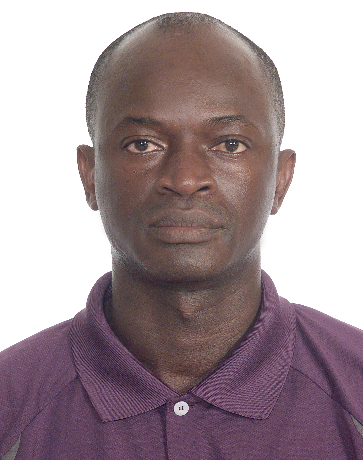
By Seedy S. Fofanah
Former Lecturer at the University of the Gambia
The elders of Kanni-Kunda village sat in council to help Afang Kawsu and Sidibeh reach a decision in their dispute over the control of a piece of farm land located in Kunkunjang, about two kilometers away in the outskirt of the village.
Nine years before, when Afang Kaswu was just 19-years-old, he and one of his two brothers had left their father’s farm to find work in Great Banjul area known as Kombos. Though they had intended to return, they quickly adapted to city life and stayed to make their homes there. They never completely lost contact with home and from time to time sent money back to their father and some relatives within the village though.
About the same time, Sidibeh, a stranger, came to Afang Kaswu’s village looking for work. Seeing that Afang Kaswu’s father had only the one son to help him, Sidibeh offered to help in the farm work if the father would grant him a small plot of land for a house and gardens where he could settle. During the next year, Afang Kaswu’s brother who had remained at home was killed in an automobile accident.
For the next two years Sidibeh assumed an ever-increasing share of the farm work until Afang Kaswu’s father became ill and was unable to assist at all in working the land. At that time his sons did not return from Kombo to help their father.
Sidibeh began to assume the responsibility for the running of the farm that should have been assumed by Afang
Kaswu and his surviving brother. It was finally agreed between Sidibeh and Afang Kaswu’s father that Sidibeh would work the land and give to Afang Kaswu’s father one-third of all the produce from the land.
When Afang Kaswu’s father died two years later, his wife returned to live with her kinsmen in a distant village, and Sidibeh began to work the land for himself and his growing family. Both Afang Kaswu and his brother sent money home for a proper burial, but they could not get time off from work to make the long journey home.
Three years passed. Afang Kaswu grew tired of the city and decided to return home. When he arrived in Kanni-Kunda Village he was surprised to find Sidibeh, a stranger to him, farming his father’s land. Afang Kaswu was angry and demanded to know why Sidibeh was on the land. Sidibeh explained about the agreement with Afang Kaswu’s father which allowed him to work the land. Since he had now returned to work the land for himself, however, Afang Kaswu
insisted that Sidibeh leave. When Sidibeh refused, Afang Kaswu took his case to the village headman.
It was the responsibility of the headman, together with the village elders, to settle such disputes in the village. Afang Kaswu and Sidibeh met with them in council.

Afang Kaswu spoke: “This land has been farmed by my family for generations. It is good soil, close to water, and the forest is nearby for wood. Therefore, my grandfather first selected and cleared this land. This is why my father cared for it for his whole life, as you all know. And I, too, worked it during my childhood. While I was absent, I sent my father money to invest in the farm. Unfortunately, my job prevented me from returning immediately after my father’s death. But the land should be returned to me without delay because it is the duty of the elders to see that those born into the village are cared for before strangers are cared for. I know that Sidibeh helped my father, and I am willing to pay him for taking care of the land while I was absent. But he is
not the owner.”
It was now time for Sidibeh to speak.
“I feel,” he began, “that Kanni-Kunda is my home. I am no longer a stranger to any of you. I have worked this land where I now live for nine years. I have done well with it, and I have shared my wealth.” He cautioned the elders. “You yourselves knew of the agreement between Afang Kaswu’s father and me. I have been faithful in paying a portion of my harvest to the family of the land. It is unjust to expect me to just take money and move away. Money is not
land.”
The quarrel was not immediately resolved. Several meetings were held at which Sidibeh, Afang Kaswu, and even villagers presented their arguments or opinions before the headman and elders.
The elders, too, each had an opportunity to speak and argue, until discussion finally led to an agreement. It was felt that since Afang Kaswu was a son of the village, he had a right to return and claim his father’s land. Control of the land is based on kinship, not on financial arrangements. However, Sidibeh was now a respected man of the village, as many of the villagers were quick to point out. He, too, had rights.
Both Afang Kaswu and Sidibeh agreed that Afang Kaswu would take control of his father’s land immediately but would contribute one-third of his crop yield to Sidibeh and his family for the next three harvests. The headman would grant Sidibeh another piece of suitable land to farm and live with his family though.
THE END












